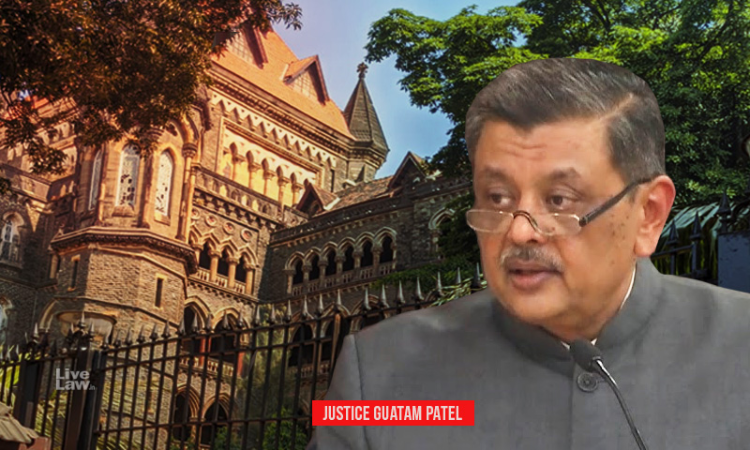Arbitral Tribunal Cannot Apply Public Law Principles Or Article 14 Against Public Body : Bombay High Court
LIVELAW NEWS NETWORK
19 Jun 2021 12:01 PM IST

"A writ court may well hold against a public body on a public law principle or by invoking Article 14; but an arbitrator, constrained as he or she is by the contract, has no such power".
Next Story


